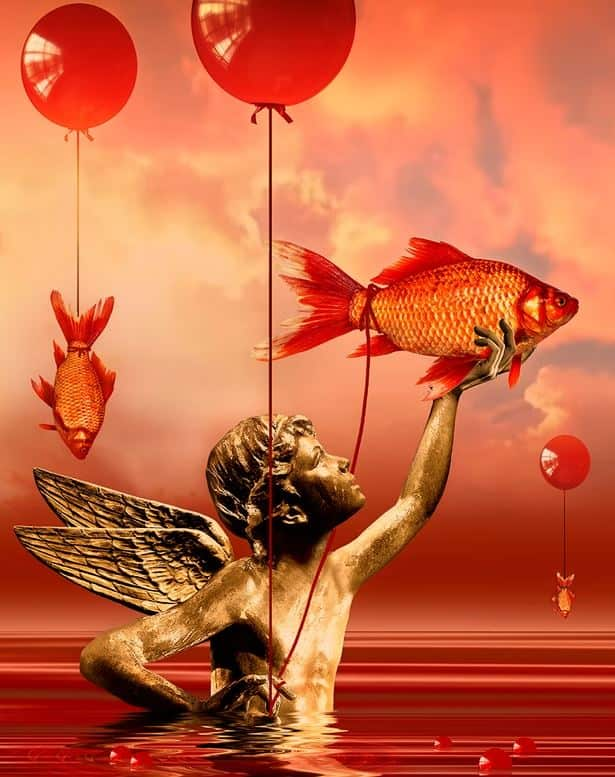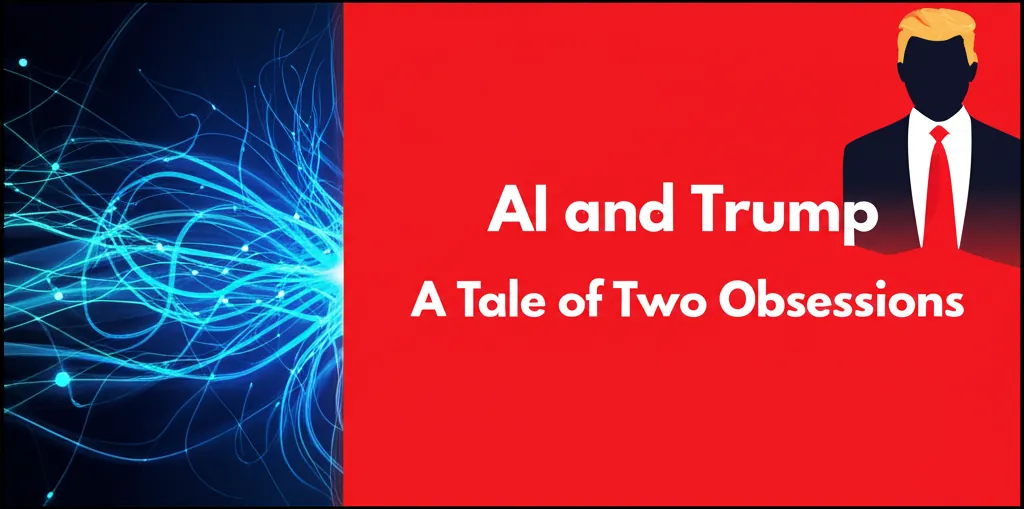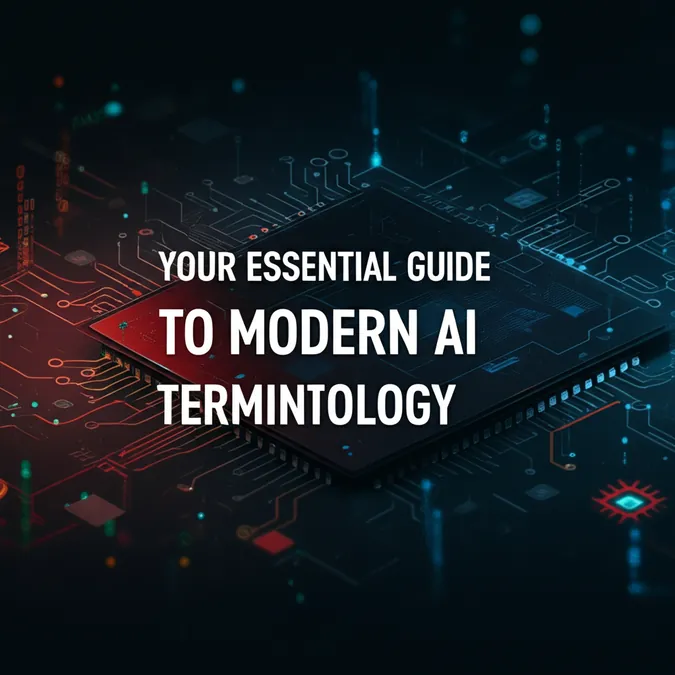Developer Offer
Try ImaginePro API with 50 Free Credits
Build and ship AI-powered visuals with Midjourney, Flux, and more — free credits refresh every month.
AI Copyright Proposal Sparks Outcry From Australian Artists
Digital artist Stephen Cornwell once found excitement and freedom in creating art with new technologies. "I realised how messy paint was, and that I could travel with my artwork without having oil paints," he explained. Using tools like Photoshop, he would dedicate months to a single piece, earning a nomination for the prestigious Blake Prize in 2021 for his efforts.
Today, however, Cornwell feels that the rise of generative AI has made his craft a "lost cause." He expresses frustration that his intricate work is now often mistaken for AI-generated content. "It's assumed everything I do is AI," he said. He argues that while anyone can achieve remarkable results with generative AI, these outcomes are fundamentally built on the creative labor of original artists. "It's theft," he stated plainly.

A Controversial Copyright Proposal
Cornwell's concerns are amplified by a recent proposal from Australia's Productivity Commission. An interim report suggests scaling back copyright laws to allow big tech companies to use creative works—like Cornwell's art, along with music and videos—to train their AI models without permission or payment.
The recommendation is part of a proposed roadmap for Australia's digital economy. It suggests amending the Copyright Act's "fair dealing" provisions to include text and data mining for AI. Currently, fair dealing exceptions cover uses like research, study, satire, and news reporting. The report, which also advises against mandatory regulations for high-risk AI, estimates that these changes could add $116 billion to the Australian economy.
 Federal Treasurer Jim Chalmers says harnessing artificial intelligence can provide a huge boost to the Australian economy. Source: AAP / Lukas Coch
Federal Treasurer Jim Chalmers says harnessing artificial intelligence can provide a huge boost to the Australian economy. Source: AAP / Lukas Coch
Critics Warn of 'Legalized Infringement'
The creative sector has reacted with alarm. Louise Buckingham, CEO of the Community Legal Centre Arts Law, described the proposal as a "get out of jail free card" for wealthy tech corporations. "The Productivity Commission’s recommendation is all about recognising infringement is incurring and making it legal rather than enforcing it," she said. Buckingham noted a rise in artists seeking legal advice as AI makes it increasingly difficult to earn a living.
Nicola Grayson, head of public affairs at Creative Australia, called generative AI the "big disruptor in the cultural and creative sector." She argued that Australia's copyright laws are already robust and should be enforced, not weakened. Creative Australia has made a submission to the commission and plans to continue advocating for artists' rights.
Political Reactions and the Path Forward
The report was released ahead of an economic reform roundtable hosted by Treasurer Jim Chalmers, who is seeking ways to boost national productivity. While acknowledging AI's potential, Chalmers stated, "I’m optimistic that AI can be a force for good, but I’m also realistic about the risks."
Responding to the backlash, Industry and Science Minister Tim Ayres clarified that the government has "no plans to make changes" to Australian copyright law.
The Opposition has also voiced strong concerns. Leader Sussan Ley criticized the report's lack of "guardrails to prevent big tech stealing the hard-earned products of our content creators." She added, "It is not appropriate for big tech to steal the work of Australian artists, musicians, creators, news media, journalism, and use it for their own ends without paying for it."
The Productivity Commission is currently seeking public feedback on its interim report before finalizing its recommendations later in the year.
Compare Plans & Pricing
Find the plan that matches your workload and unlock full access to ImaginePro.
| Plan | Price | Highlights |
|---|---|---|
| Standard | $8 / month |
|
| Premium | $20 / month |
|
Need custom terms? Talk to us to tailor credits, rate limits, or deployment options.
View All Pricing Details

